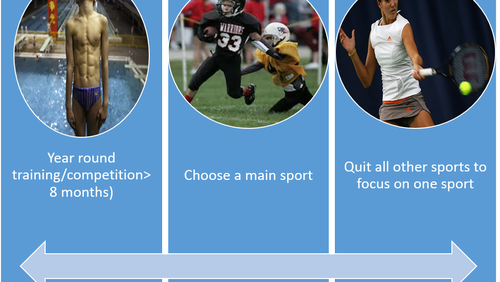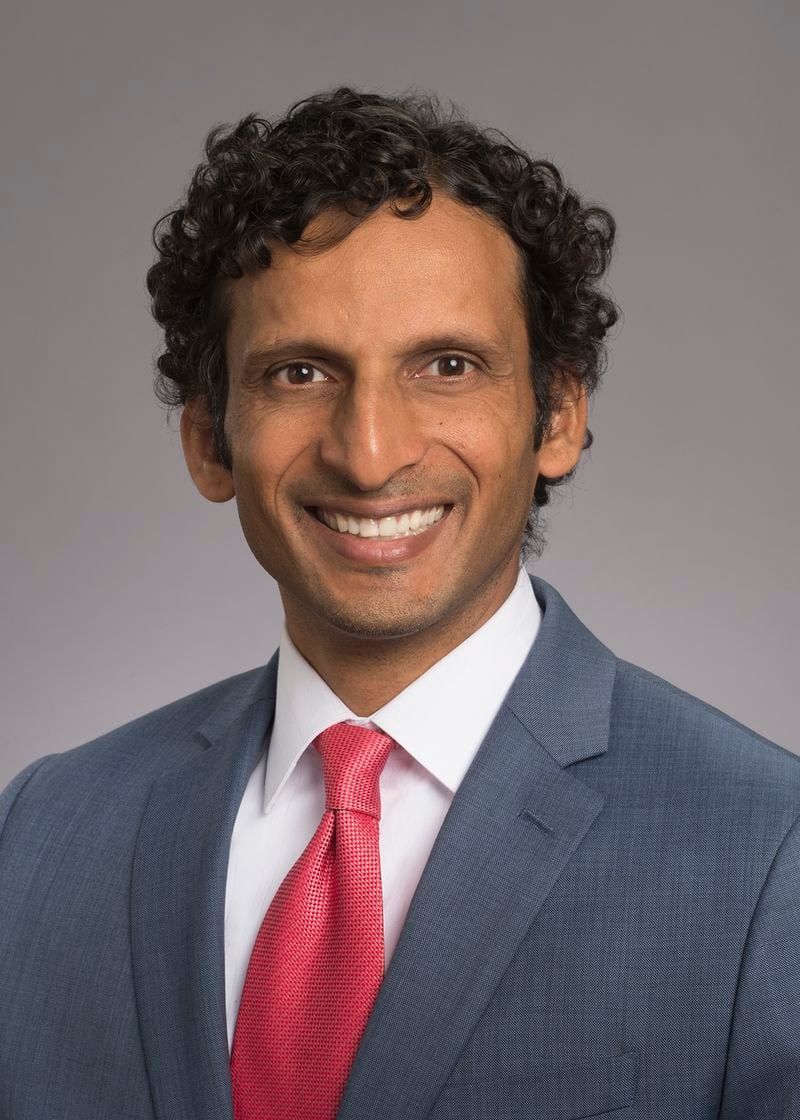Whether it's soccer or gymnastics, baseball or basketball, kids around Atlanta spend hours on club sports, trying to become the elite athletes of their age group.
But a new Emory University study adds to research showing that some sports programs -- which often encourage year-round training and focusing on a single sport-- may take a toll on young athlete's bodies.
Dr Neeru Jayanthi, director of sports medicine research and education at the Emory Sports Medicine Center, presented research last week that suggests young athletes should not limit themselves to just one sport before the age of 12. And how much training makes sense? The research suggests young athletes should not train more hours a week than their age, in order to avoid injuries that can result from "overuse." So, a 10-year athlete shouldn't train more than 10 hours a week.
According to the American Academy of Pediatrics, half of all sports medicine injuries in kids are from overuse.
"Young athletes should not compete in two sports during the same season, but rather participate in multiple sports throughout the year, and take at least three months off from competition per year," Jayanthi said.
Credit: Carrie Teegardin
Credit: Carrie Teegardin
Jayanthi presented the findings at an International Olympic Committee (IOC) conference last week that was devoted to the topic of preventing injuries and illness in sport. The findings were also published in the British Journal of Sports Medicine.
It's a hard prescription for families in Atlanta to follow, where club sports are popular and where the clubs rely on nearly year-round play to support their business models. Kids and parents who see the potential to become an Olympic competitor or a college athlete spend big money and hours of commuting time to play on travel teams.
Many kids focus on winning a spot on a top team or playing for the clubs that have the best records for wins. Meanwhile, parents value the work ethic and team focus that the clubs foster -- and some push their kids to train for hours and focus on wins.
But there may be downsides that range from more injuries to burnout.
Jayanthi said in his era, growing up in the 1980s, there was much less emphasis on specializing on one sport and much more on "free play" for fun. "The paradigm has shifted," he told the AJC.
Do some clubs take it too far, when it comes to training?
The danger, Jayanthi said, is that highly specialized athletes who play the same sport all year face a greater risk of repeat injuries, likely because of training that focuses on a single sport and stresses the same regions of the body -- including areas that were previously injured.
WHAT IS SPORTS SPECIALIZATION?
Credit: Carrie Teegardin
Credit: Carrie Teegardin
About the Author









